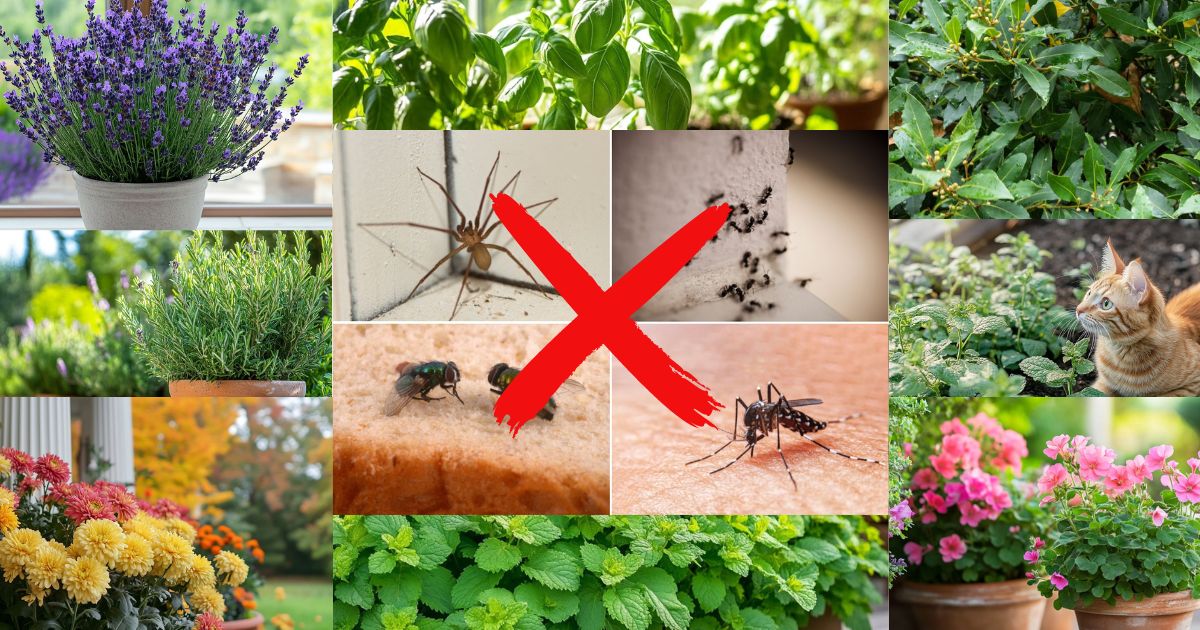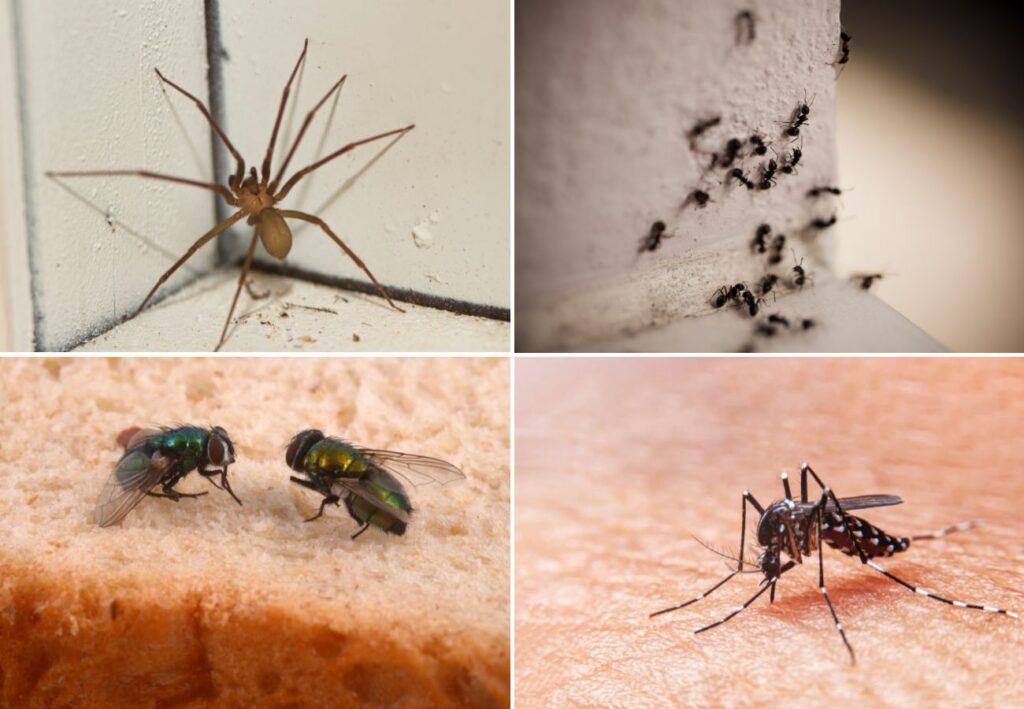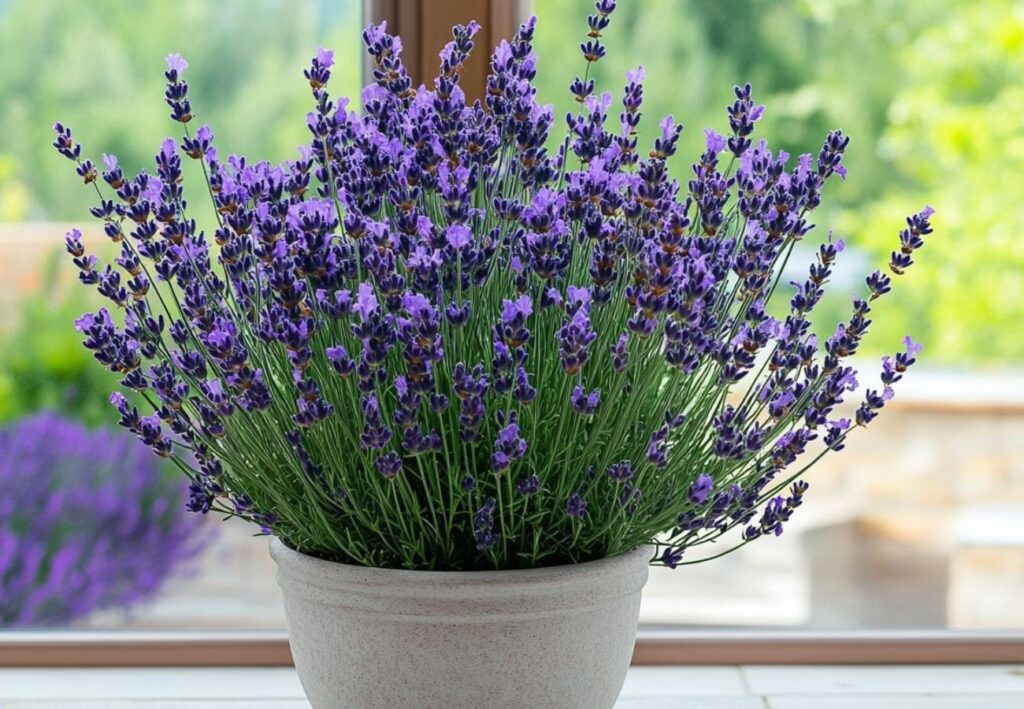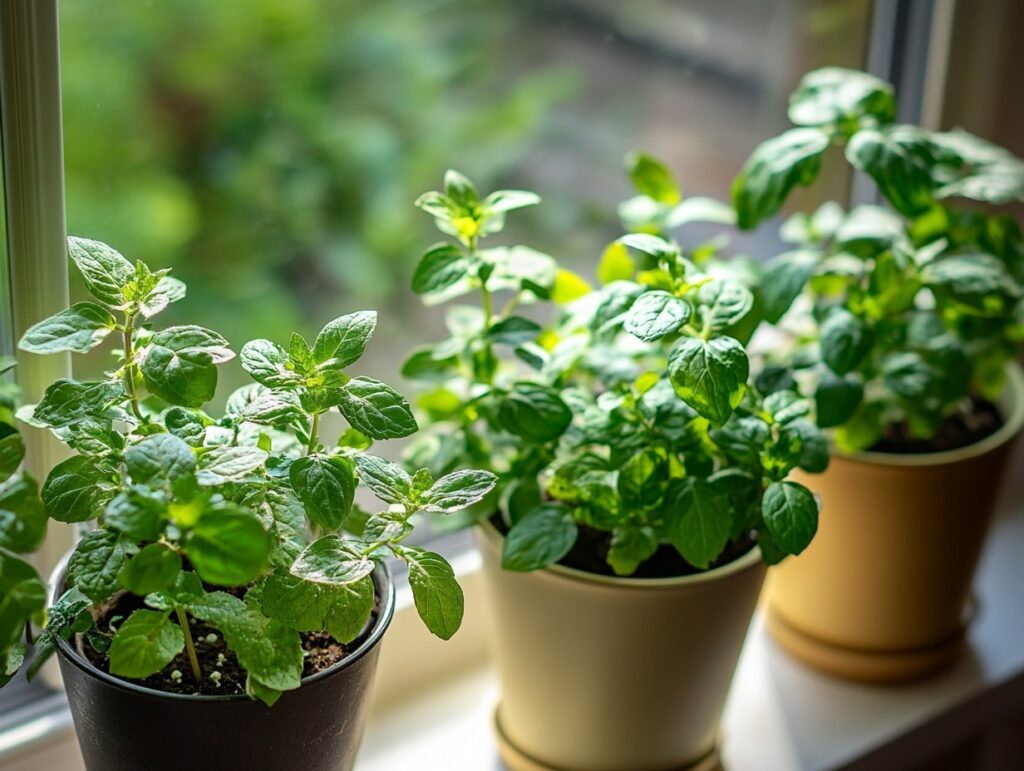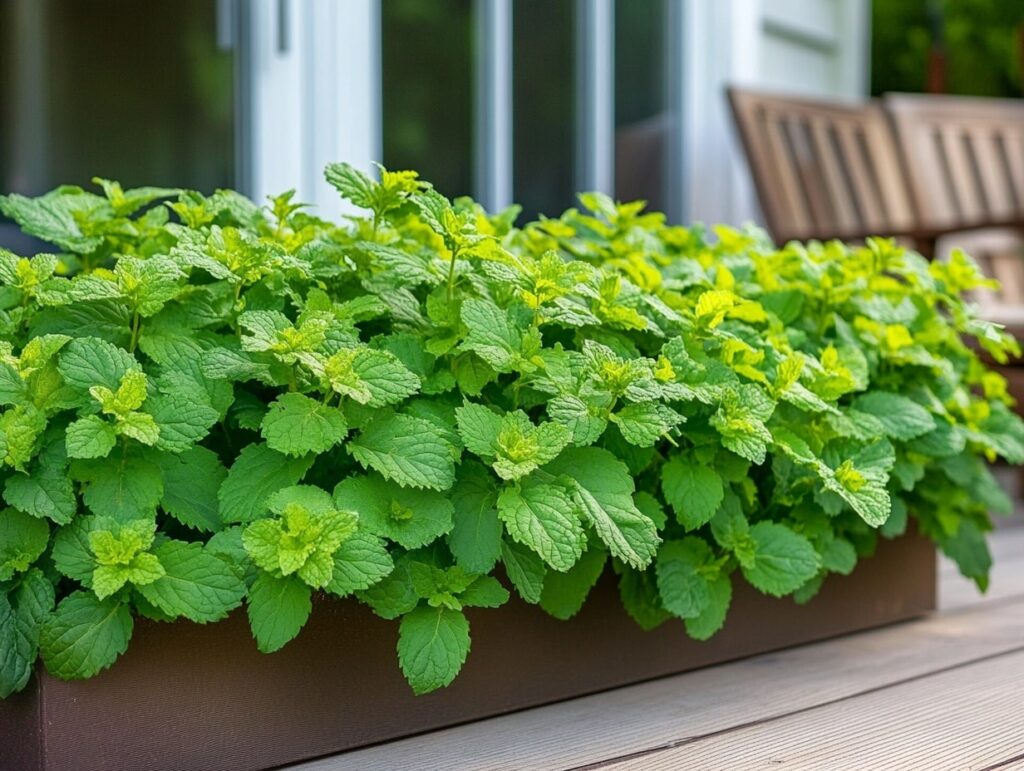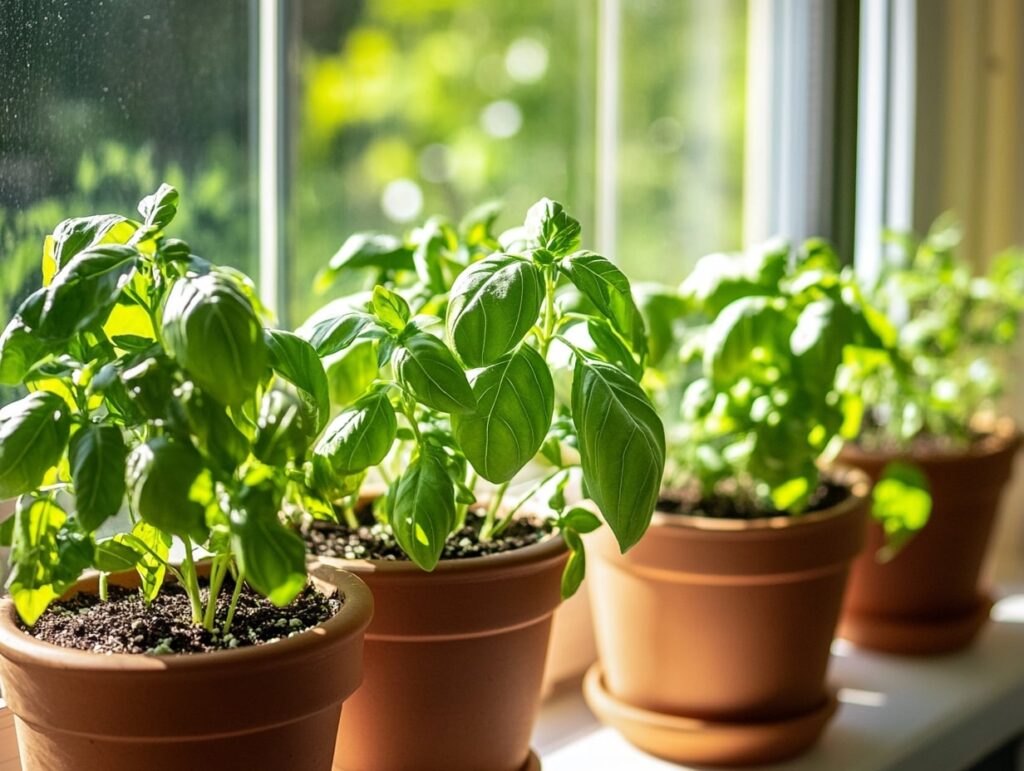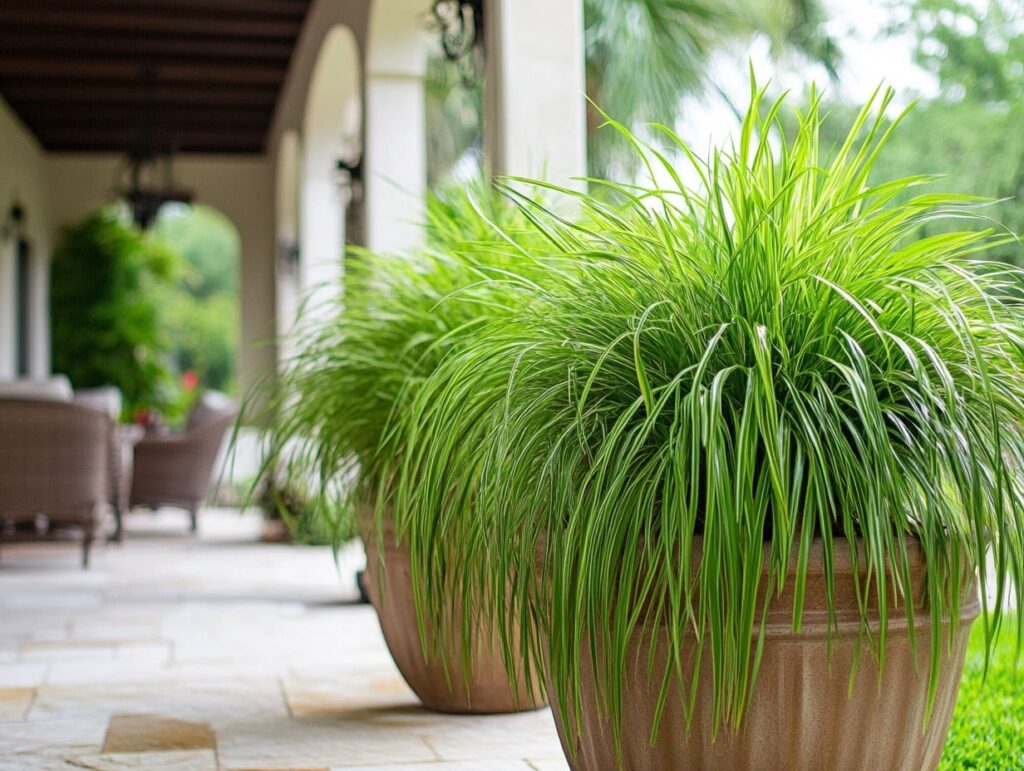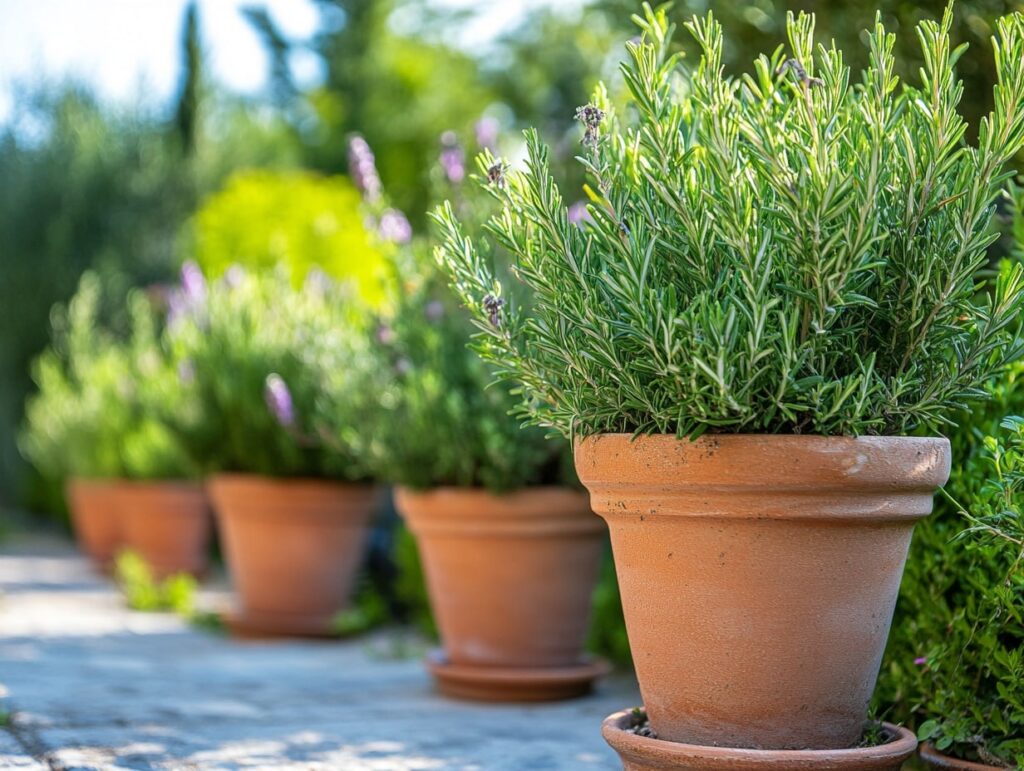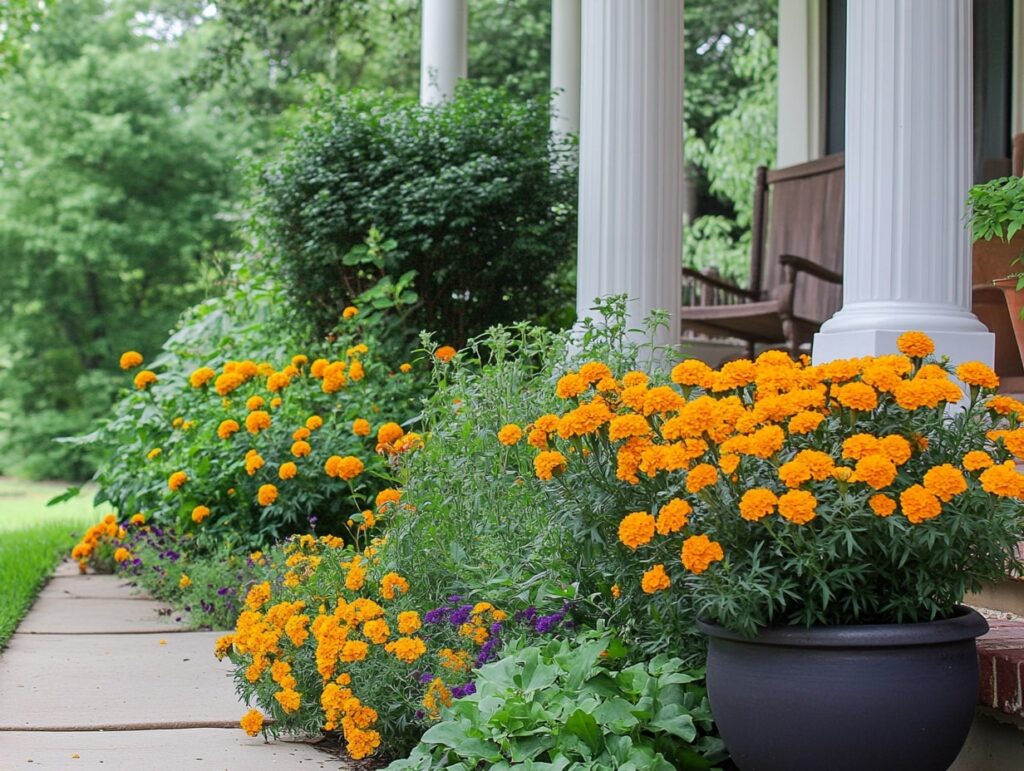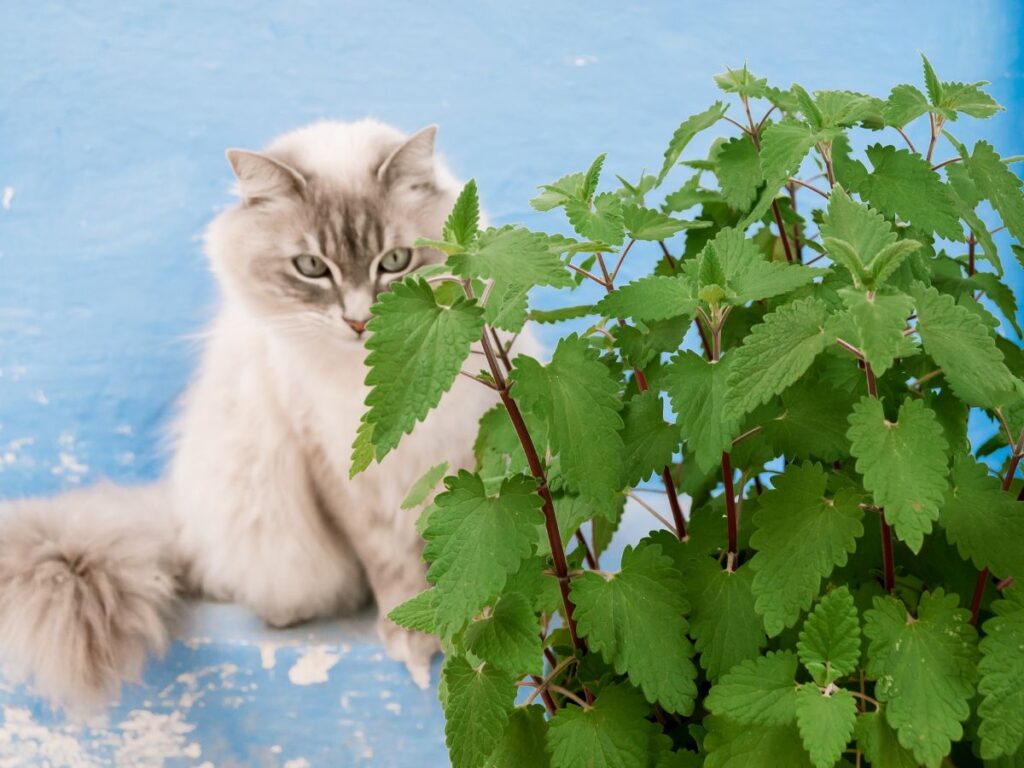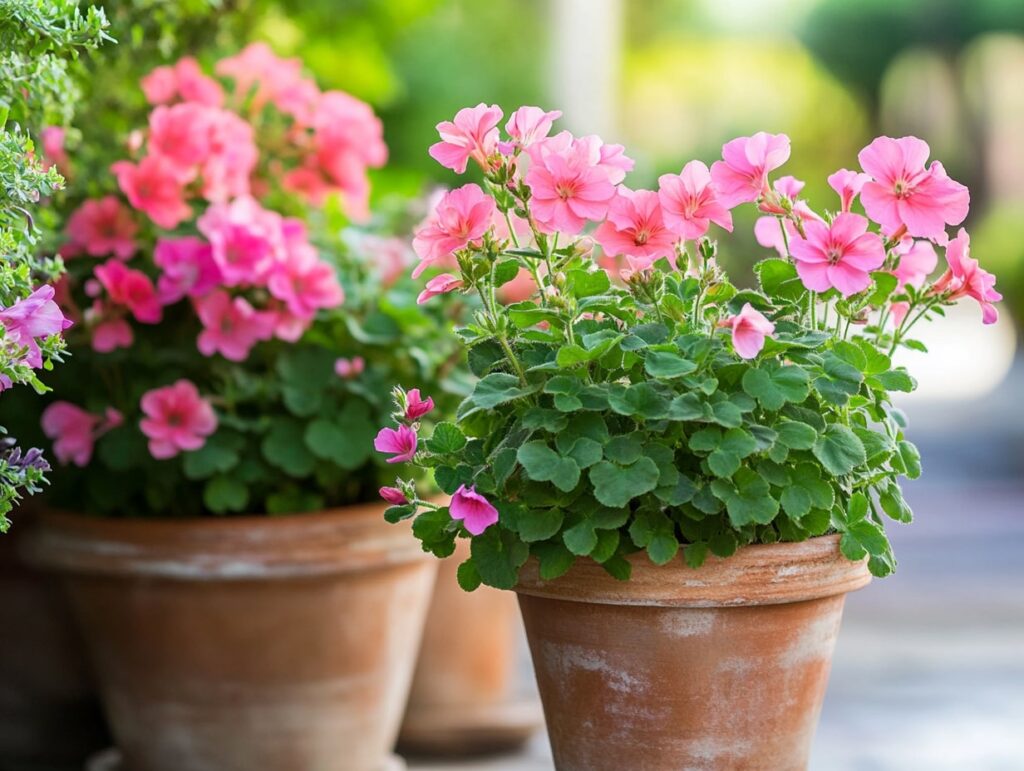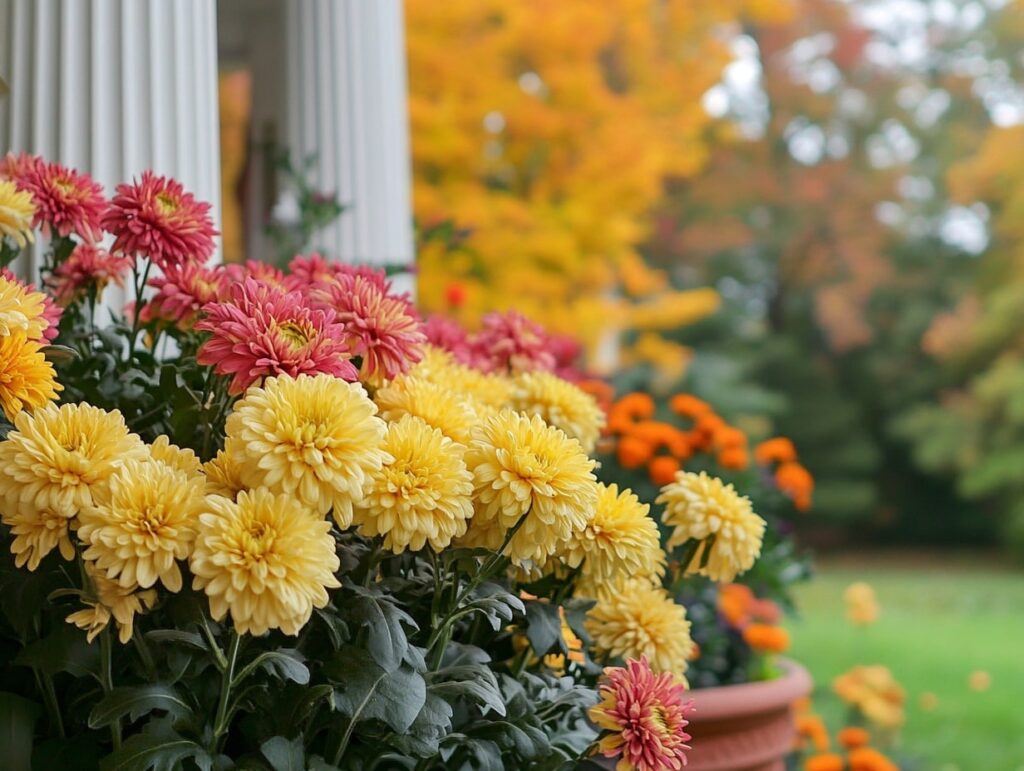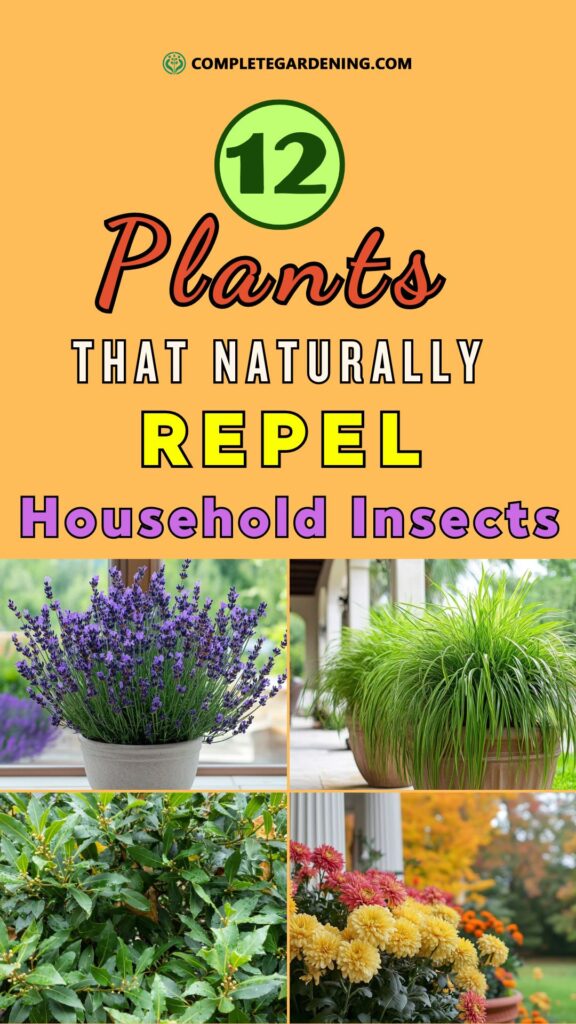Trying to keep your home free from spiders, ants, flies, and mosquitoes? Natural solutions can be both effective and pleasant. Certain plants can naturally repel these pests, helping to keep your living environment comfortable and bug-free.
Imagine enjoying your garden or sitting inside your mosquito-free home, all thanks to a few well-placed plants. Plants like lavender, basil, and peppermint not only smell amazing but are also known to deter unwanted insects. You’ll find that these plants are easy to care for and add beauty to your home.
Planting these green defenders around your home will provide a natural barrier against pests. Whether you prefer indoor houseplants or a thriving outdoor garden, incorporating these plants can make a noticeable difference.
Get ready to discover which plants will keep your home peaceful and pest-free.
The Importance of Natural Pest Control
Using natural methods for pest control can be both effective and environmentally friendly. Plants offer a sustainable way to keep various pests like spiders, ants, flies, and mosquitoes away from your home.
Benefits of Using Plants for Pest Management
Plants are a chemical-free option for pest control, reducing the need for synthetic pesticides. These natural methods are safer for children, pets, and beneficial insects such as bees and butterflies.
Beyond safety, plants improve the aesthetic and air quality of your living space. Many pest-repelling plants also have additional uses, such as culinary herbs, adding more value to your garden.
Including pest-repelling plants in your garden makes it more biodiverse, promoting a healthier ecosystem. The presence of multiple plant species can attract natural predators of pests, contributing to an overall balanced environment.
Understanding How Plants Deter Pests
Pest-repelling plants often emit scents that pests find unpleasant. For example, lavender and peppermint oils deter mosquitoes and flies. These scents confuse or overwhelm the pests, keeping them at bay.
Certain plants work as natural traps or barriers. For instance, marigolds produce compounds that repel ants and nematodes. This makes your garden a less attractive place for these unwanted visitors.
Some plants go a step further by releasing oils or compounds toxic to pests. Eucalyptus is known for its ability to repel a range of insects due to the strong compounds it releases.
Incorporating these plants into your home and garden provides a multi-faceted approach to natural pest control.
1. Lavender (Lavandula)
Lavender is well-known for its beautiful purple blooms and calming scent, but it also has strong pest-repelling properties. The strong fragrance of lavender is known to deter mosquitoes, flies, and ants.
Spiders are also less likely to weave webs in areas where lavender is planted. Consider placing lavender near entryways, windows, and outdoor seating areas to keep insects at bay while enjoying its delightful aroma.
2. Peppermint (Mentha × piperita)
Peppermint is a powerhouse when it comes to repelling pests. The strong menthol scent is disliked by spiders, ants, and mosquitoes. You can plant peppermint in pots around your home, particularly near doorways and windows.
Additionally, peppermint leaves can be crushed and placed in small sachets to keep insects out of closets and drawers. The added benefit is that peppermint can also be used for culinary purposes, making it a versatile addition to your garden.
3. Lemon Balm (Melissa officinalis)
Lemon balm, a member of the mint family, is another effective insect repellent. Its lemony scent is particularly unappealing to mosquitoes and flies. The plant is easy to grow and thrives in both garden beds and containers.
Plant lemon balm around outdoor seating areas or in window boxes to create a natural barrier against insects. Additionally, rubbing the leaves on your skin can provide a temporary, natural repellent when spending time outdoors.
4. Basil (Ocimum basilicum)
Basil is not just a culinary favorite; it’s also a strong insect repellent. Its pungent smell deters flies and mosquitoes, making it a perfect choice for outdoor herb gardens and kitchen windowsills.
Plant basil near your outdoor dining area or in pots on your patio to keep flies at bay while also enjoying fresh basil for cooking. The plant requires full sun and regular watering, making it easy to care for in most climates.
5. Citronella Grass (Cymbopogon nardus)
Citronella grass is perhaps one of the most famous mosquito-repelling plants. The oil extracted from this plant is commonly used in mosquito-repellent candles and sprays. However, the live plant is also effective at keeping mosquitoes away.
Citronella grass can be planted directly in the garden or in large pots around outdoor living spaces. The plant prefers a sunny location and can grow quite tall, adding a tropical feel to your garden while keeping mosquitoes at a distance.
6. Rosemary (Salvia rosmarinus)
Rosemary is another herb that serves a dual purpose in the garden. Its strong scent is known to repel mosquitoes, flies, and other insects, while also adding flavor to your culinary dishes.
Rosemary can be planted in garden beds, containers, or even as a decorative hedge. The plant prefers well-drained soil and full sun. Additionally, sprigs of rosemary can be hung in closets or placed in drawers to deter moths and other pests.
7. Marigold (Tagetes)
Marigolds are bright, cheerful flowers that are commonly used as a natural insect repellent. The strong scent of marigolds is known to deter mosquitoes, flies, and ants.
Planting marigolds around the perimeter of your garden or in containers on your porch can create a colorful barrier against insects. Marigolds are also effective at repelling nematodes, which can damage the roots of other plants in your garden.
8. Eucalyptus (Eucalyptus globulus)
Eucalyptus is a fast-growing tree that produces a strong, menthol-like scent that repels mosquitoes, flies, and other insects. The oil extracted from eucalyptus leaves is often used in insect repellent sprays, but the live plant is also effective.
Plant eucalyptus trees around the perimeter of your property or in large pots near outdoor seating areas. The tree can grow quite tall, providing shade and privacy while keeping pests at bay.
9. Catnip (Nepeta cataria)
Catnip is best known for its effect on cats, but it’s also a potent mosquito repellent. The plant contains nepetalactone, a compound that is more effective at repelling mosquitoes than DEET, the active ingredient in most commercial insect repellents.
Catnip is easy to grow and can be planted in garden beds or containers. Be aware that if you have cats, they may be attracted to the plant and could cause some damage by rolling in it.
10. Geranium (Pelargonium)
Scented geraniums, particularly those with lemon or citronella-like scents, are effective at repelling mosquitoes and flies. These plants produce a strong fragrance that insects find unpleasant.
Geraniums can be planted in garden beds, hanging baskets, or containers. They thrive in sunny locations and require well-drained soil. Geraniums are also known for their beautiful blooms, adding both color and function to your garden.
11. Bay Laurel (Laurus nobilis)
Bay laurel is a versatile plant that can be used both in the kitchen and as a natural insect repellent. The aromatic leaves of the bay laurel tree are effective at repelling flies, ants, and other insects.
The plant can be grown in containers or directly in the ground, making it suitable for both indoor and outdoor use. Place bay laurel near doorways and windows to create a natural barrier against pests.
12. Chrysanthemums (Chrysanthemum)
Chrysanthemums, commonly known as mums, contain a natural insect-repelling compound called pyrethrin. This compound is toxic to a variety of insects, including spiders, ants, and mosquitoes.
Plant chrysanthemums around your garden or in pots on your porch to keep insects away. The flowers come in a wide range of colors, making them a beautiful addition to your garden while also serving a practical purpose.
Incorporating these 12 plants into your garden and home can help create a natural barrier against spiders, ants, flies, and mosquitoes. Not only do these plants provide an eco-friendly way to keep pests at bay, but they also add beauty and fragrance to your surroundings.
By strategically placing these plants around entryways, windows, and outdoor living spaces, you can enjoy a pest-free environment while also enhancing the aesthetic appeal of your garden.
So, whether you’re looking to enjoy a mosquito-free evening on your patio or want to keep spiders out of your home, these plants offer a natural and effective solution.
